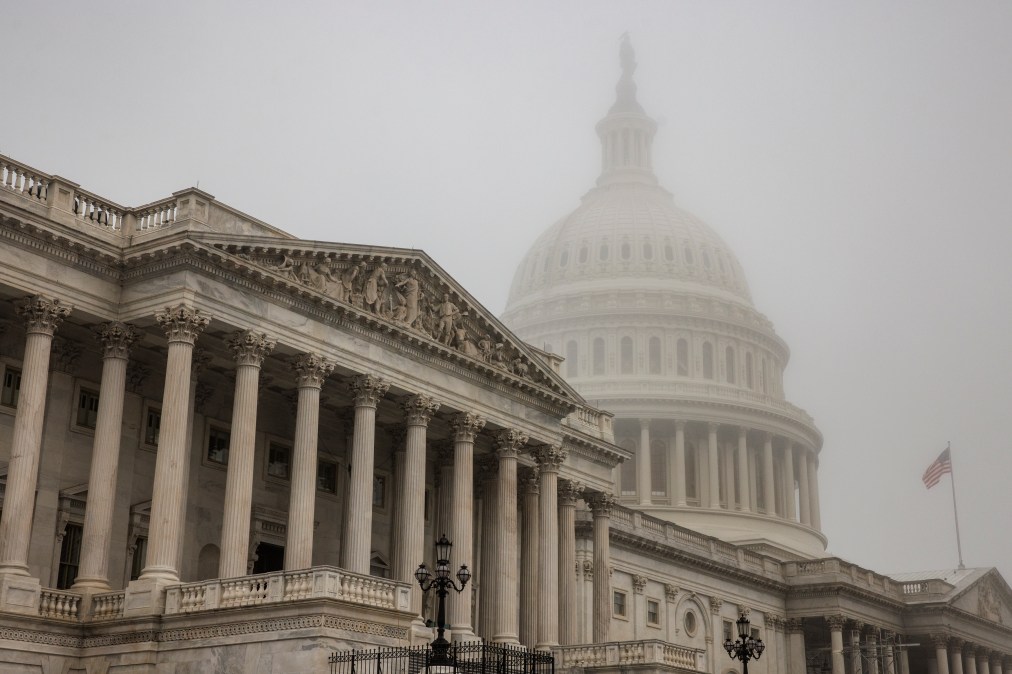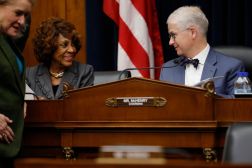Chief Administrative Officer working on guidance, training for congressional AI use

The Office of the Chief Administrative Officer is developing a new policy regarding artificial intelligence with the Committee on House Administration, a CAO official said Tuesday.
During a committee hearing about AI innovations in the legislative branch, John Clocker, the House’s deputy chief administrative officer, said that the chamber needs to develop AI-focused policies and processes to continue to protect against bad actors and malicious cyber activity, using the National Institute of Standards and Technology’s AI framework as a guide. Clocker stressed the need for guidance and training opportunities for House staff, which the CAO plans on doing.
Rep. Joe Morelle, D-N.Y., said during the hearing that the benefits of AI “particularly as it relates to Congress is how it contributes to our system of democracy, which ultimately relies on trustworthy data governance strategy. So if the data governance is to succeed in building trust” during an especially critical moment in history, then that “data has to be accessible, transparent and representative.”
Currently, CAO use of AI is disclosed in a flash report released in December 2023, which details AI-assisted tools used in processes including member scheduling, bill drafting and external speech and messaging. Additionally, previous flash reports have outlined other AI use cases across different congressional support organizations, such as the Library of Congress and the Government Publishing Office.
Clocker said that CAO also recommends that offices “adopt internal AI policies” that are adjusted to the member’s personal preference and risk tolerance and that offices are “increasingly vigilant” about office-wide, AI-based tools and the data that staff may input into them.
“AI has the potential to augment staff workload capacity,” Clocker said during the hearing, and “it can also help the House as an institution improve business efficiencies. This is all very exciting, but we need to be careful. The House will face elevated cyber risks. Our nation’s adversaries and cybercriminals will use these tools to try and harm the House.”
Clocker said in an interview with FedScoop after the hearing that CAO has already produced informal AI training for chiefs of staff that are meant to think through what the emerging technology could mean for office use, and what staff should be thinking about in terms of employing AI tools.
These trainings will soon become “more formal,” Clocker said, with CAO providing training for specific roles.
“We have a really good process working with the committee; we’ve used this process before, bringing in cloud products,” Clocker said. “There’s gonna be new issues here, but we’re gonna use that same process. We’re gonna work with the committee, we’re going to work with other institutional offices of the House, we’re going to develop the policies [and] the committee’s going to approve them.”






